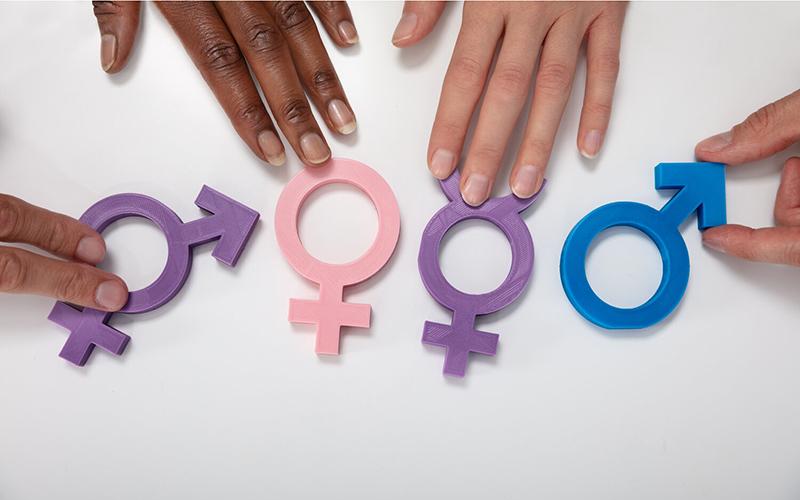Understanding Gender Identity: An Essential Aspect of Self-Concept
Gender identity is a core element of how individuals perceive themselves in relation to their masculinity or femininity. For some, gender forms a fundamental part of their self-definition, while for others, it may play a more fluid or less central role. Understanding gender identity can lead to increased self-awareness, greater confidence, and personal acceptance.
This test assesses gender identity by measuring two aspects: Gender Self-Definition and Gender Self-Acceptance. Through these dimensions, individuals can gain insights into how they perceive and feel about their gender, which is crucial in building a healthy relationship with oneself.
The Importance of Gender Self-Definition
Gender Self-Definition refers to the degree to which individuals define themselves through their gender identity. Those who score high in this area often place significant importance on being male or female, and their masculinity or femininity is closely tied to their sense of self. A strong sense of gender identity can contribute positively to one's confidence, but it can also raise questions about whether this perception is entirely intrinsic or influenced by societal expectations.
Low Gender Self-Definition, on the other hand, may indicate that individuals do not strongly identify with traditional gender roles or that gender is only one of many aspects of how they define themselves. This perspective can sometimes reflect a more flexible or less conforming attitude toward gender norms, leading to a unique sense of identity.
Gender Self-Acceptance and Its Role in Personal Confidence
Gender Self-Acceptance reflects how comfortable and satisfied individuals are with their gender. Those who score high in this area tend to be more secure in their masculinity or femininity, accepting themselves fully as male or female. This confidence often enhances overall well-being and mental health, as a strong sense of gender identity is linked to greater emotional stability.
Conversely, low Gender Self-Acceptance may suggest that individuals struggle with aligning their internal sense of self with societal gender expectations or personal standards. Such feelings can create internal conflicts, affecting self-esteem and confidence.
How Gender Identity Impacts Daily Life
A well-established gender identity plays a crucial role in shaping how individuals navigate their daily lives, from personal relationships to professional environments. Feeling confident and aligned with one’s gender can strengthen social interactions and contribute to overall happiness. For some, understanding and embracing gender identity is a lifelong journey of self-discovery and acceptance, while others find clarity early on in life.
Exploring Your Gender Identity
Taking this Gender Identity Scale can provide valuable insights into how you define yourself in relation to your gender and how comfortable you are with that identity. By understanding your score, you can reflect on the role gender plays in your sense of self and personal confidence. Whether you identify strongly with traditional gender norms or view gender as a more fluid aspect of identity, this test can offer a fresh perspective on your self-concept.



